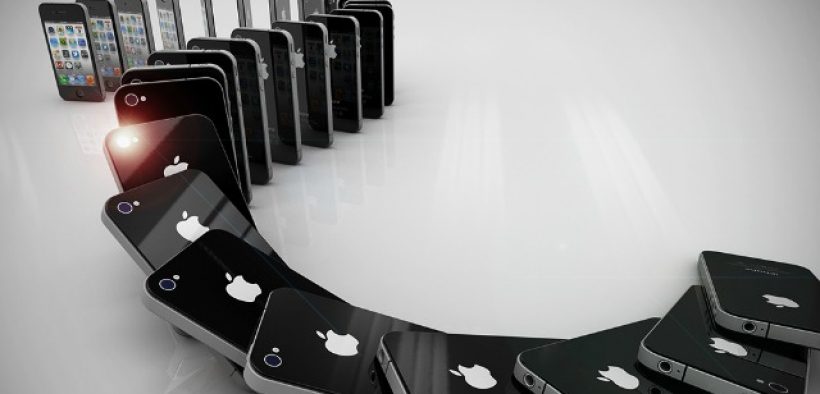As faculty, it seems we are very concerned about cell phones in the classroom. Articles about the problem are popping up everywhere in the pedagogical literature, and they often are the “most-read” and “most-commented” articles listed on various websites. Is student use of electronic devices that pressing of a pedagogical problem? I’ve been wondering if our focus on it isn’t becoming excessive.
How Concerned Should We Be About Cell Phones in Class?

Related Articles
I have two loves: teaching and learning. Although I love them for different reasons, I’ve been passionate about...
Active learning is a mostly meaningless educational buzzword. It’s a feel-good, intuitively popular term that indicates concern for...
Perhaps the earliest introduction a student has with a course is the syllabus as it’s generally the first...
Generative AI allows instructors to create interactive, self-directed review activities for their courses. The beauty of these activities...
I’ve often felt that a teacher’s life is suspended, Janus-like, between past experiences and future hopes; it’s only...
I teach first-year writing at a small liberal arts college, and on the first day of class, I...
Proponents of rubrics champion them as a means of ensuring consistency in grading, not only between students within...







